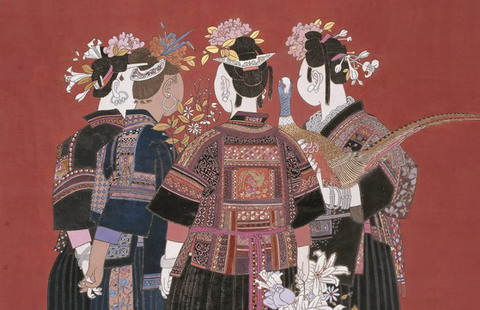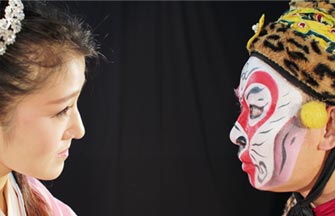Tombs of ancient workers discovered
By Ma Lie and Lu Hongyan in Xi'an ( China Daily ) Updated: 2014-05-06 08:58:10Forty-five ancient tombs have been discovered about 5 kilometers from the mausoleum of Qin Shihuang and its Terracotta Warriors, experts said on Monday.
Archaeologists believe the tombs could belong to the designers and workers who built the mausoleum.
Qin Shihuang was the first emperor of the Qin Dynasty (221-206 BC).
Sun Weigang, a research associate at the Shaanxi Provincial Institute of Archaeology who led the excavation, said his team uncovered the tombs from July to September.
"The Terracotta Warriors and horses, as well as the other rare relics unearthed from the funerary pits next to the emperor's mausoleum, might have been made by the people interred in the 45 tombs," Sun said.
The tombs were distributed over an area of 1,200 meters from east to west by 300 meters from north to south.
Altogether, 50 tombs were found in the area, of which 45 held a person buried in a coffin with his legs twisted. Leg twisting was a burial custom typical of the Qin Dynasty, leading archaeologists to believe that the tombs belonged to that period.
The other five tombs were thought to date from later dynasties.
Sun said his team unearthed about 300 pottery objects in the tombs and found the Chinese character Li imprinted on some specimens, which could help identify the occupants of the tombs.
According to Shih Chi, the historical record written by Sima Qian during the Western Han Dynasty (206 BC-AD 24), a township named Li was established in 231 BC near the place where the emperor's mausoleum would be built. More than 30,000 families moved into Li in 212 BC for the construction project.
According to archaeologists, the number of pottery objects imprinted with the Li moniker that were unearthed in past years show that the township was large and important, with its major purpose being the building and protecting of Emperor Qin Shihuang's final resting place.
"From the character Li, we can preliminarily judge that the 45 tombs were low-ranked. But important tombs belonged to the township of Li," Sun said.
The Terracotta Warriors and horses of the Qin Dynasty, which have been considered among the archaeological wonders of the world and have attracted millions of visitors from both home and abroad annually, were found in 1974 in pits next to the mausoleum. Later, a museum was built to cover the pits; it opened to the public in October 1979.
Qin Shihuang (259-210 BC), is often placed at the top of the list of China's greatest statesmen, strategists, reformers and military strategists, mainly for his unification of China. He was the founder and first emperor of the Qin Dynasty, the first feudal dynasty in the country's history.
|
|
|
|
|
|
|
|


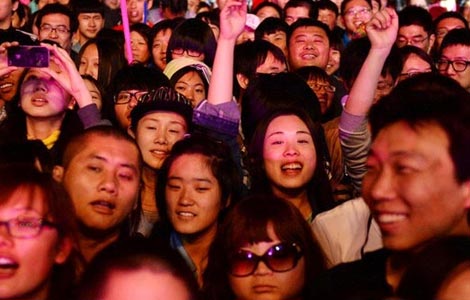
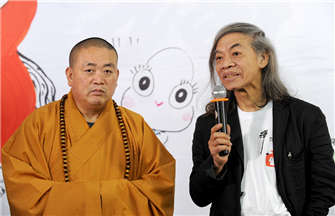
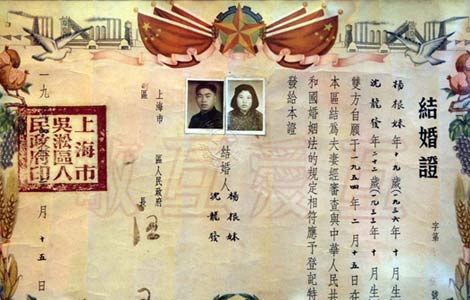
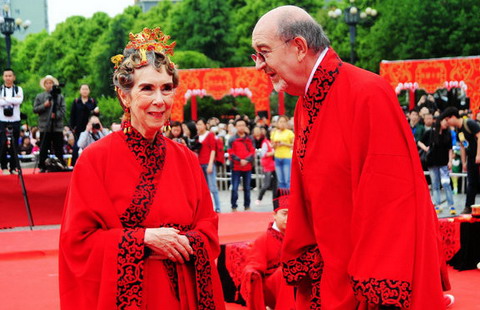

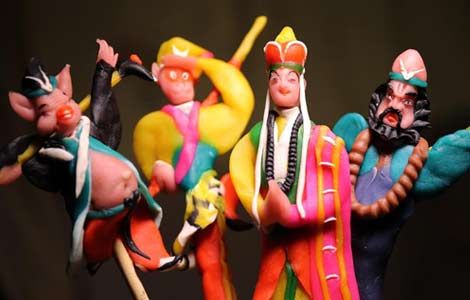

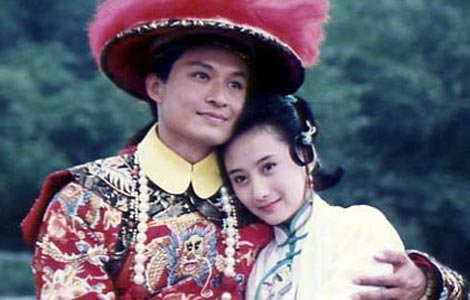












 Raymond Zhou:
Raymond Zhou: Pauline D Loh:
Pauline D Loh: Hot Pot
Hot Pot Eco China
Eco China China Dream
China Dream China Face
China Face

